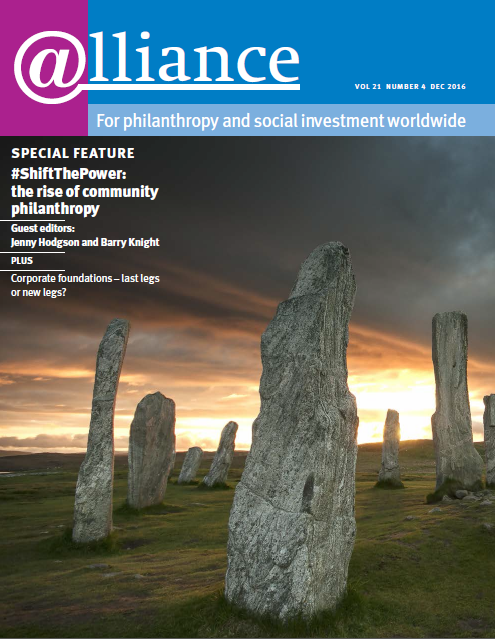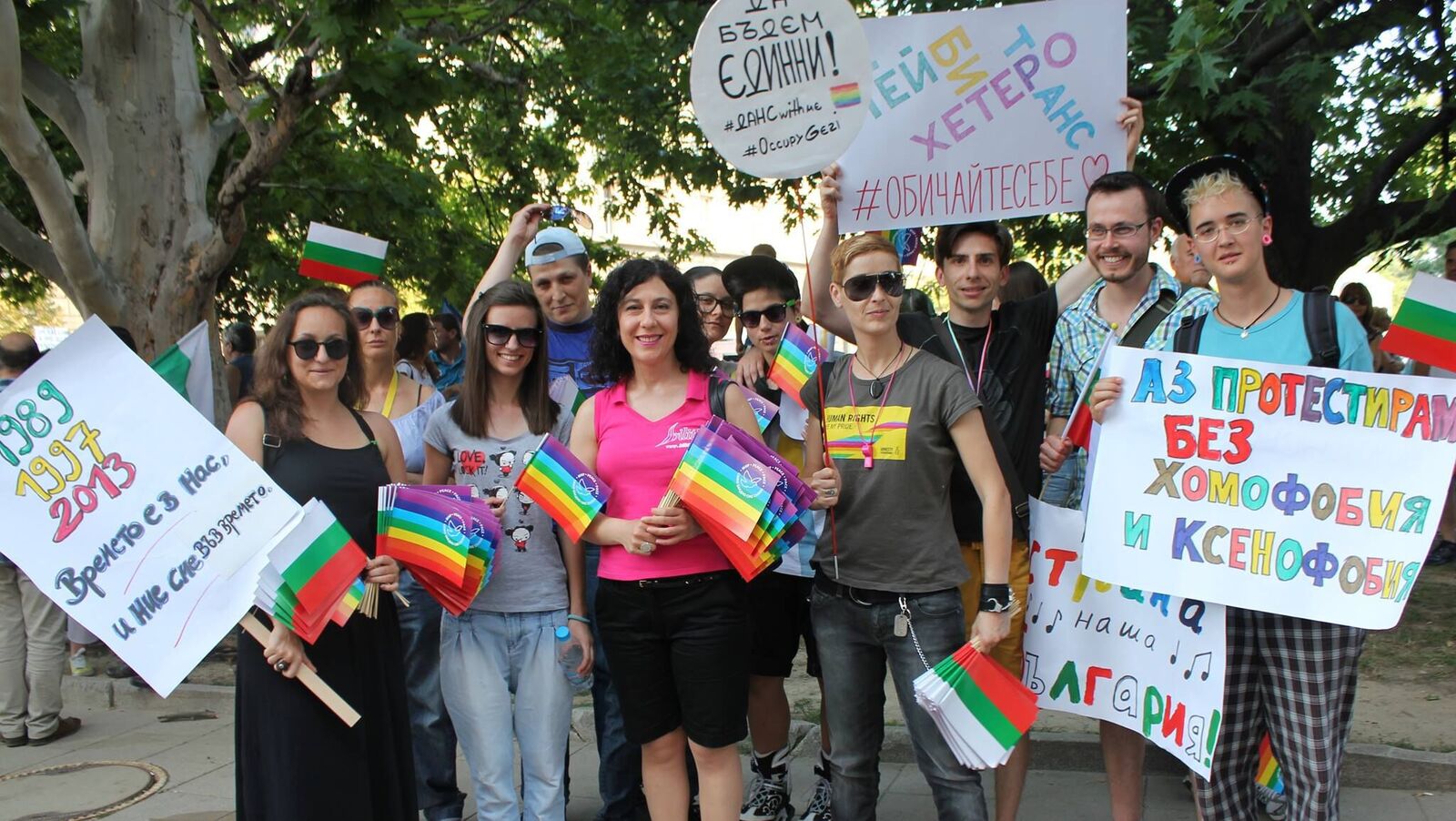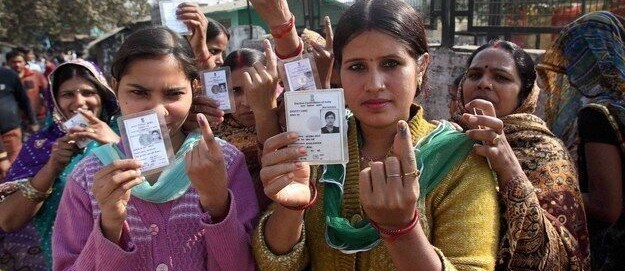New forms of community philanthropy have joined older, more traditional ones in the Central and Eastern Europe region following the democratization of the 1990s. However, the emphasis of community remains on ‘us’ and very often excludes ‘them’ and while some community philanthropy organizations (CPOs) are finding diplomatic ways to deal with this, they are doing so in a situation which is becoming increasingly competitive.
Modern forms of CPO were brought into the region after the opening of the borders in the 1990s, and were picked up by a new generation of civil society activists seeking to modernize society and looking for alternative ways to do it. It was a generation of activists that also had a greater concern for human rights and democratic instincts.
Despite this, and like the traditional forms of community philanthropy, many of these CPOs are primarily concerned with ‘us’, not with ‘the other’.
Difficult issues are divisive and create tension in the community and there are implications for trust and for risk when CPOs engage with them. They are inevitably political and involvement means that the CPO is seen as political in an environment where politics is distrusted.
Finding a way: playing down difference
However, there have been instances where CPOs have negotiated thorny issues successfully. For example, the Community Foundation of Varna, Bulgaria announced the creation of a scholarship fund to support access to higher education for students from the city’s Roma communities. The communication strategy to promote this fund emphasized Varna’s pride in its image as a university town, and that increasing the diversity of students would have many positive effects for the community. So the framing of the idea in a way that did not stress Roma identity was key to its acceptance by the local donors.
This has typified the response of community philanthropy initiatives to these difficult issues where they have engaged with them. They have concentrated on promoting cohesion in the community, while avoiding conflict and approaching the issue in a non-confrontational manner, stressing humane and charitable aspects over the rights-based and advocacy ones.
Difficult issues are divisive and create tension in the community and there are implications for trust and for risk when CPOs engage with them.
A ‘softly, softly’ approach
Recent discussion among community philanthropy practitioners from several European countries identified the following elements of good practice in addressing difficult issues: creating and maintaining networks of people and movements of shared values; keeping a low profile; and quietly building a critical mass of supporters. Community foundations address difficult issues by involving different actors without making too much noise. They are changing the landscape of local giving in Central and Eastern Europe in a humble way.
Rocky road ahead
However, there is a greater difficulty looming in the background. While CPOs inspired by the Western model are slowly moving from ‘bonding’ towards ‘bridging’ social capital development, other forms of community giving increasingly support hate-based groups, which are becoming stronger with the rise of radical nationalisms and anti-systemic politics in the region. These have been just as successful in engaging local donors as CPOs have been – but in their case, around the values of national security, respect for tradition and maintaining the national identity. So the challenge for us in Central and Eastern Europe is not only to build a constituency in favour of tackling difficult social issues at community level, but to disarm a growing movement that promotes division and discord and sees ‘the other’ as a threat.
Monika Pisankaneva is philanthropy development manager at Workshop for Civic Initiatives Foundation. Email mpisankaneva@wcif-bg.org
Boris Strečanský is an expert on philanthropy at the Centre for Philanthropy, Slovakia. Email strecansky@changenet.sk





Comments (0)